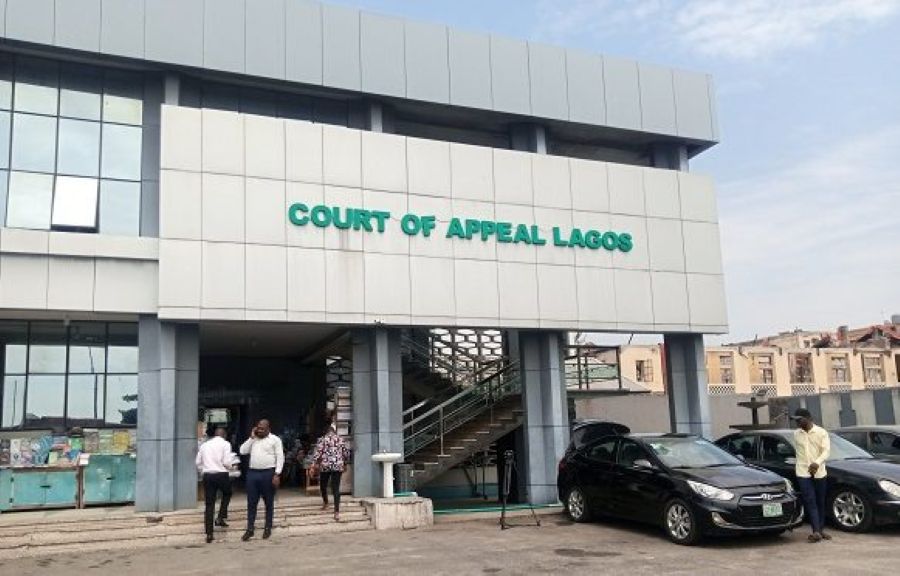A three-member panel of the Court of Appeal on Wednesday reinstated the preservation order for 14 properties and a sum of N400m associated with Yahaya Bello, the former governor of Kogi State.
Justice Nicholas Oweibo of the High Court in Ikoyi, Lagos had earlier issued the preservation order on February 22, 2023, based on a suit brought by the Lagos Zonal Directorate of the Economic and Financial Crimes Commission, including properties such as “Hotel Apartment Community, Burj Khalifa situated at Plot 160 Municipality NO 345-7562, Sky View Building No 1, Property No 401, Floor 4, Dubai U.A.E.”, along with funds suspected to be the result of illegal activities.
This order was made in accordance with Sections 9 and 10 of the Proceeds of Crime (Recovery and Management) Act, 2022.
However, on April 26, 2023, the trial court dismissed the EFCC’s application for the final forfeiture of the assets, citing that Bello, as a sitting governor, was protected by constitutional immunity under Section 308 of the 1999 Constitution.
Displeased with this decision, the EFCC, represented by counsel Rotimi Oyedepo, SAN, Bilkisu Buhari Bala, S.I. Suleiman, and Chinenye C. Okezie, appealed to the Court of Appeal, asserting that the trial court made a legal error by invoking the immunity clause in a case concerning properties suspected to be linked to criminal activity.
The EFCC argued that the immunity provided under Section 308 does not cover assets associated with alleged illegal actions and that the trial court did not adhere to previous judicial rulings like EFCC v. Fayose (2018) LPELR-44131(CA) and Fawehinmi v. IGP (2002) 7 NWLR (Pt. 767) 606, which clarified the limits of the immunity clause.

In urging the appellate court to reinstate the order, Oyedepo contended that “Justice Oweibo was legally mistaken when he dismissed the suit, as the immunity granted to the Respondent from any civil or criminal actions during his term as Kogi State governor does not apply to properties reasonably suspected to be proceeds of crime linked to him.”
In a lead judgment delivered by Justice Nimpar B Yargata, the three-judge panel agreed with the EFCC’s argument, ruling that the lower court was incorrect in dismissing the suit, particularly as it found that the Respondent did not demonstrate the legitimate source of the funds used to obtain the properties.
The Appeal Court also affirmed that the trial judge misinterpreted Section 308 and ordered the reinstatement of the preservation order.
As a result, the three-judge panel instructed that the lawsuit for the final forfeiture of the properties should continue as planned.


 Trending
Trending 
